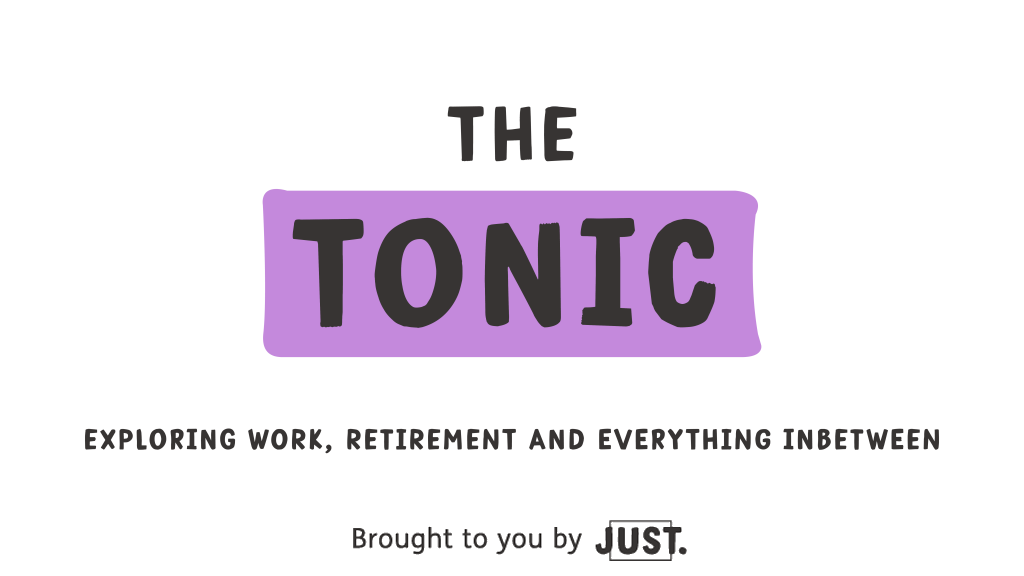The start of a new year is often when we promise ourselves we’ll make massive changes in the next 12 months. But giant leaps aren’t always the best way to get there
Whilst it’s good to have an end goal in mind, understanding the psychology of setting small goals is a more sure-fire way to succeed. Mini-goals can feel like positive affirmations, making your journey feel more certain. Heading straight for the big target isn’t always the best idea. Here’s why.
Start with end goals in mind but don’t fixate
The problem with setting huge goals isn’t the goals themselves, it’s the journey. Whether your target is to lose four stone, or earn double your salary, or travel the world, it’s best to start small. There’s a whole lot of opportunity to feel like a failure here otherwise.
It’s hard to keep huge goals in mind and stay committed, because they take a while to achieve. You can feel overwhelmed, and disappointed when it doesn’t happen fast enough.
Far better to break this into bite sized chunks. Aim to lose two pounds a week. Or create a savings plan for your travels. Try harnessing the power of a micro-adventure! And make sure there are rewards along the way for reaching the smaller wins. It’s amazing how time flies and the wins mount up.
Have you failed at this before?
First of all, make sure you’re really clear about your end goal. If it’s a bit vague, or a bit either/or, it’s really hard to maintain that focus. It’s also much harder to break the journey down into small steps.
Look at goals you’ve set in the past and failed to meet. Look at why that happened, and take steps to avoid it happening again. If you’ve simply just given up on something in the past, that could be because it was too big to aim for. Can you try approaching it as a set of separate wins?
The psychological win of reaching that small goal
When setting your mini goals, try and aim for things that you can achieve in a short space of time. If you can accomplish a win within 3-7 days, your sense of achievement will bloom. This makes it much easier to take the next step. We all like winning!
If possible, aim for a bunch of smaller goals like this, building on it frequently. You’ll stand back suddenly and realise a whole heap of little things add up. As an example, if you want to clear out the loft or the garage but it looks terrifying, do one box a day, or even one a week. You’ll be amazed how quickly it makes a difference. And how happy it makes you.
Don’t think about ‘breaking’ habits
Habits are often deeply entrenched and if you think about ‘breaking’ them, you’re already psychologically setting yourself up for a fight. It makes them sound hard, something to battle against.
The chains of habit are too weak to be felt until they are too strong to be broken
Whilst habits are tough to change, how you approach this will make a difference. Look at why you have that habit, and try to unravel it. Try changing it bit by bit, to alter the neural pathways in your brain.
Samuel Johnson once said; “The chains of habit are too weak to be felt until they are too strong to be broken.” So maybe don’t try breaking them. Wriggle around in them a bit, and maybe they’ll fall away more easily.
You can’t do everything
It’s common for people who are successful at one thing to imagine they can do another just as easily. This isn’t necessarily the case. Just because you’re great at writing doesn’t mean you’re great at maths, right?
So be conscious that your goal might be hard. Or maybe it’s not for you. This is a time to be realistic. Trying to push your square peg into a round hole will only result in disappointment and feelings of failure. Are you sure what you’re aiming for is the right thing for you?
Don’t overthink it
Really, don’t spend half your life on this. Make a plan, work it out and stick to it, but don’t obsess about the end result. Just crack on with your small changes and try not to look up too much. You’ll get there.
Small changes mount up to big changes. And done is better than perfect. Just keep on keeping on and try not to think too much!


Set deadlines, or you’ll go mad
Seemingly contrary to the last point, but valid in a different way, is the concept of deadlines. Many people work best when they have a time target. Or when their backs are to the wall.
Set a goal and set a time limit. If you don’t make it, let it go and try something else
Try not to put yourself in stressful situations to achieve a goal – mini or otherwise. But don’t let it go on forever, it’ll be in in the back of your mind otherwise.
Set a goal and set a time limit. If you don’t make it, let it go and try something else. Don’t leave those open ends kicking around in your brain.
A few mini-goal examples
I really want to grow vegetables this year
BIG – try to plant a ton of stuff, get overwhelmed and lost in a new project. Possibly fail. Garden overrun.
SMALL – plant a couple of things you love to eat, say, tomatoes and lettuces, and rejoice in success! Build on a bit more for next year.
I want to run a half marathon
BIG – literally head out from a standing start, training madly and potentially injuring yourself. Feeling bad because you’re unfit etc. Perhaps fall by the wayside. Another thing you didn’t do.
SMALL – start with something like the Couchto5K and feel the absolute joy of making it. Work up to 10K runs, and then look at half a marathon.
I really need to spring clean the house
BIG – go at it like a bull in a china shop, end up totally overwhelmed. End result, you’re either absolutely exhausted or the job is left unfinished or half-done. Not satisfactory.
SMALL – pick one room each weekend and do it slowly. It’ll be satisfying to see each space coming together, and before you know it, half the house will be done.






Add comment